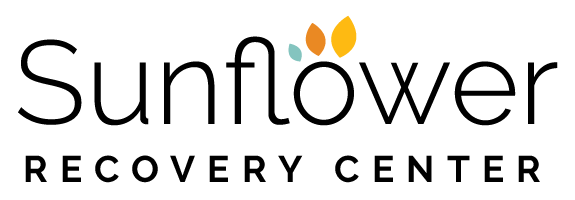It’s often said that in America, alcohol is the only drug that you have to explain not using. In a culture where alcohol is so prevalent, signs of alcoholism and problem drinking can be hard to identify. But with more and more Americans falling victim to alcoholism — especially since the COVID-19 pandemic — it’s never been more crucial to understand what problem drinking looks like and what to do if you or someone else crosses the line. These are the signs of alcoholism, plus tips on how to get help for addiction to alcohol.
What is Alcoholism?
“Alcoholism” is a popular description for a disease that is officially known as “alcohol use disorder.” The Diagnostic and Statistical Manual of Mental Disorders (DSM) published by the American Psyachiatric Association has classified problem drinking as a mental health disorder since 1952. Most recently, that definition has evolved from a definition of “alcohol abuse” and “alcohol dependence” to a broader understanding of “alcohol use disorder,” which has mild, moderate, and severe sub-categories.
Alcohol use disorder is not diagnosed by how much someone drinks; rather, one must look at the way that someone uses alcohol in their life and the subsequent effects to understand if his or her drinking is a problem. In general, if someone experiences negative effects from their drinking but continues to use alcohol, it is likely they have a problem of some severity.
Signs of Alcoholism
The latest version of the DSM spells out 11 key signifiers of alcohol use disorder. If you or a loved one can answer “yes” to at least two of the 11 criteria, you have alcohol use disorder according to the DSM. Whether that is mild, moderate or severe depends on the total number of “yes” answers. While only a doctor can provide a true diagnosis, read through the list to see if it’s worth exploring your use or a loved one’s further.
In the past year, have you:
- Had times when you drank more than you intended, or for a longer period of time?
- Have you wanted or tried to cut down on your drinking — or to stop altogether — but failed more than once?
- Spent a great deal of time drinking or recovering from a bout of drinking?
- Had a craving for alcohol that was so bad that it felt like you couldn’t think of anything else?
- Had the feeling that drinking (or hangovers) have negatively impacted your relationships, career, or performance at school?
- Continued to drink even though you knew it was causing problems in your life?
- Quit or opted out of activities and commitments you used to enjoy?
- Undertaken dangerous activities after drinking, such as unsafe sex, driving drunk, or going to an unsafe area?
- Knowingly continued to drink even though you suspected it could be negatively affecting or causing your depression, anxiety, blackouts, or other mental health issue?
- Noticed that your tolerance is increasing; i.e., you have to drink more to get the same effect?
- Noticed withdrawal symptoms when you weren’t drinking, like irritability, nausea, sweating, trouble sleeping, or something else?
If you answered “yes” to two to three questions, a doctor would likely diagnose you as having mild alcohol use disorder, according to the DSM. Answering “yes” to four or five indicates moderate alcohol use disorder, and six or more symptoms is indicative of severe alcohol use disorder. It may be time for residential addiction treatment or IOP treatment.
Getting Help for Alcoholism
There is no true cutoff that indicates when it is time to get help for problem drinking. Alcoholism is a progressive disease, like cancer, so treating it early on usually leads to better outcomes down the road. In addition, getting help for problem drinking or high-functioning alcoholism can help you and your loved ones avoid a life-changing rock bottom moment like an accident, DUI, or even death.
If you’re concerned about your drinking, or a loved one’s, call our admissions team today. They’ll lend a helpful ear and provide any feedback that you may need, as well as advice on next steps such as residential addiction treatment or outpatient addiction treatment. After months or years of darkness in your life, getting help for drinking could allow an entirely new life to bloom.

